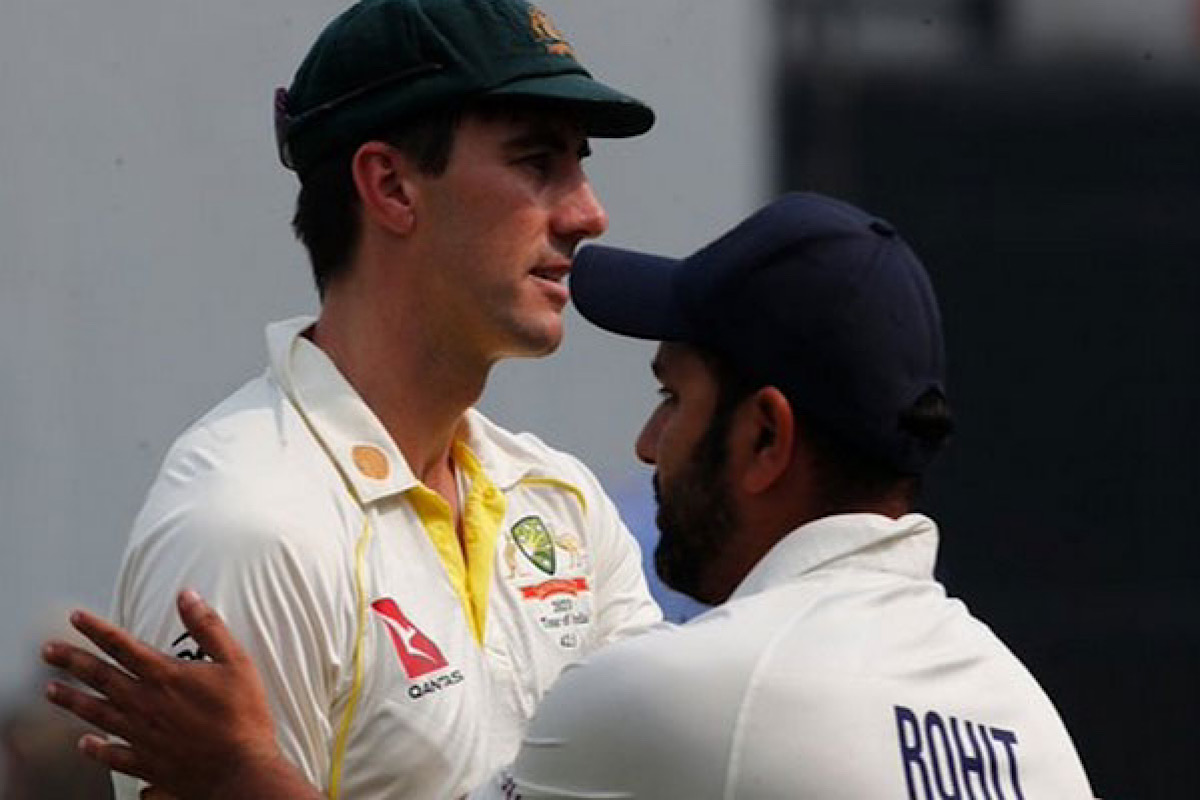Is Pat Cummins, Australia’s paceman-cum-captain, one of the titans some Indian Premier League franchises want to lure away from official cricket by offering him Arabian Nights-scale riches for a widely publicised project featuring a yearround jamboree of Twenty20 matches with authorities Down Under finding themselves obliged to fawn on his new employers for the green light from them for, say, an Ashes series? It looks like he is. Cummins is the first major player to confirm what The Times, London, revealed some time ago about the game’s established order coming close to being blown to smithereens with IPL teams all set to poach la creme de la creme of cricketing talent from bilateral as well as global action, rubbing it in that the pay they give can’t be matched by national boards.
There are several places where IPL teams have popped up ~ in South Africa, they make up an entire competition of Twenty20s ~ and well might they have deemed owning the players made eminent sense. They wouldn’t lose sleep if Test cricket found itself cut loose from its talent pool, its best boys away in Timbuctoo or Papua New Guinea playing shorter matches for bigger gains. They’d like to see the conventional game squeezed into a corner no one notices. And Cummins has said, though in words quite anodyne, that as dear as Australia is, the IPL millions are a temptation few of his peers would spurn. So the IPL is what would make the new world go round. But the IPL, when you cut the cackle, is only trying to make money like all other commercial enterprises. It isn’t a philanthropic institution. If it didn’t earn much more than its players, auctioned like slaves, it would simply disappear.
Advertisement
The rich pickings for all and sundry are ensured by television which, besides fetching money from the market, has also begotten an absurdity breathtaking in its all-round impact. That’s how it makes its own pile. Few people bother to show up for the matches in West Asia in its own Twenty20 league, the sustainability of which is underwritten by television, simply by showing the action across the Indian sub-continent. There’s a spin-off here in that Twenty20s are said to have given betting such a fillip that there’s a virtual 24×7 ancillary journalistic industry filling heads and pages with narratives that subliminally lead you away from the truth, replacing it with bookies’ screenplays. There are those who will tell you Saudi Arabia’s new initiative focused on football owes a lot to the way television has marketed Twenty20 cricket: line up the big boys and take the show where it will sell. But television is a banana peel. It ups and leaves the moment it feels like doing so: Kerry Packer stopped his show when they gave him his contract and so did Ted Turner when his Goodwill Games flopped









